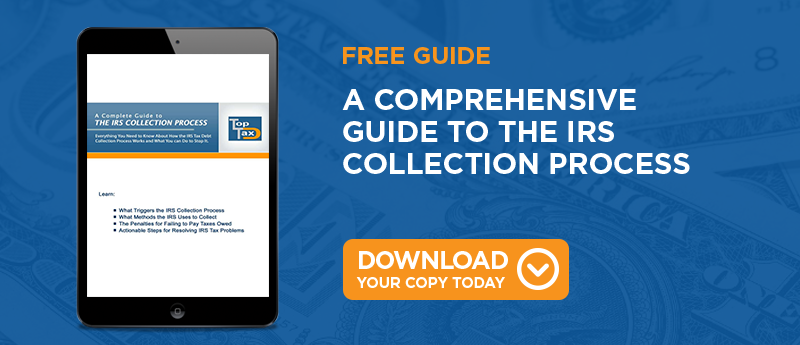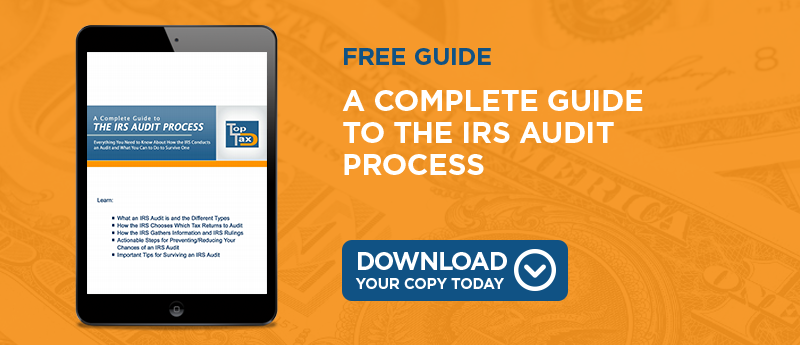Anyone who is facing a large unpaid tax debt may feel overwhelmed by the prospect of having to repay the entire balance in order to avoid a tax lien or an IRS tax levy. Some taxpayers may even consider filing for bankruptcy protection to get immediate relief from their debt. If you're thinking about filing for bankruptcy to get relief from your tax bill, there are a few things you should consider in advance.
1. Determine if your debt will qualify for bankruptcy relief.
One of the most important things to consider is if filing for bankruptcy will even resolve your debt. Contrary to popular opinion, bankruptcy is not a cure-all for every kind of debt, including an unpaid tax bill. In some cases, filing for bankruptcy may actually create more headaches than it will cure. If you're facing several different kinds of debt such as credit card debt, home mortgage debt, and tax debt, then bankruptcy may be the only way out. However, if your only major issue is your tax bill, then you may be better off pursuing other options.
2. Make sure that there are no other tax relief options open to you.
Taxpayers who are struggling under the burden of tax debt may be able to get relief from other provisions such as an offer in compromise. This arrangement allows qualified taxpayers to negotiate a settlement with the IRS that gives them the opportunity to pay a reduced tax bill in order to clear their account. Some taxpayers have actually been able to settle their debt for pennies on the dollar through this provision. However, qualifying for an offer in compromise can be very difficult, so any taxpayer who is interested in learning more about this option should find out about the eligibility requirements in advance.
3. Consider how a bankruptcy will affect your credit.
It's a well-known fact that filing for bankruptcy will seriously damage a taxpayer's credit rating. For some individuals, the damage to their credit may be preferable to the effect of continuing to grapple with a mountain of tax debt. However, if you have any type of financial goals in the next few years that may require you to obtain a loan or another source of financing, you might be well advised to try to settle your account with the IRS directly rather than pursuing a bankruptcy filing.
Some taxpayers may be able to get IRS tax relief by filing for bankruptcy, but it's important that anyone who is considering this option resolve any concerns by learning all they can about the process beforehand.
*Image courtesy of freedigitalphotos.net



